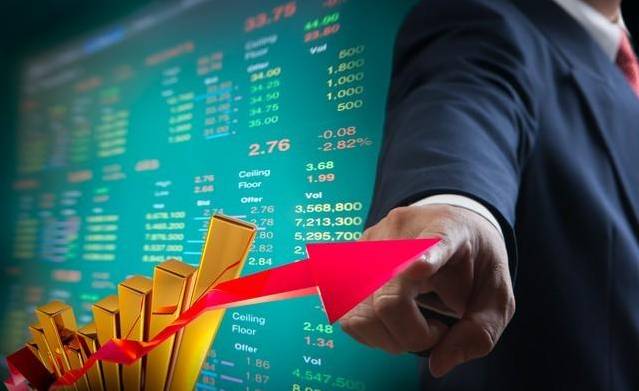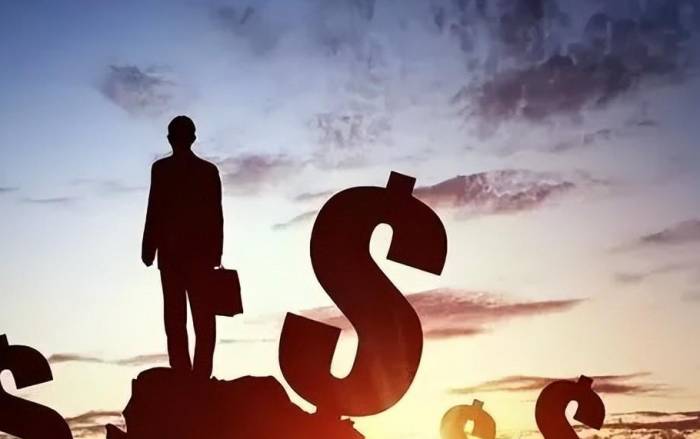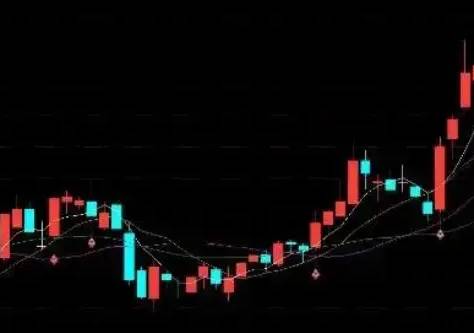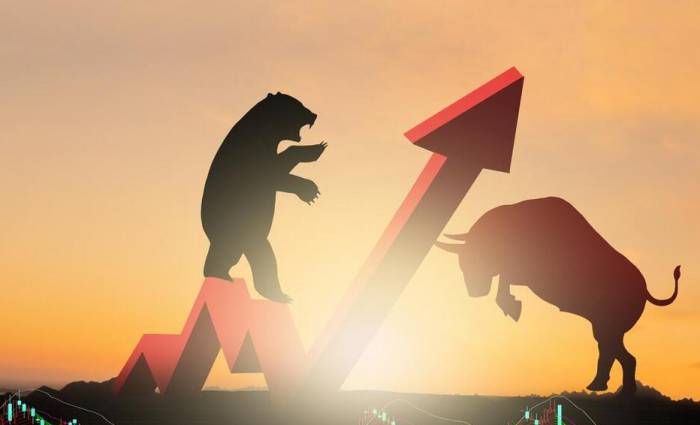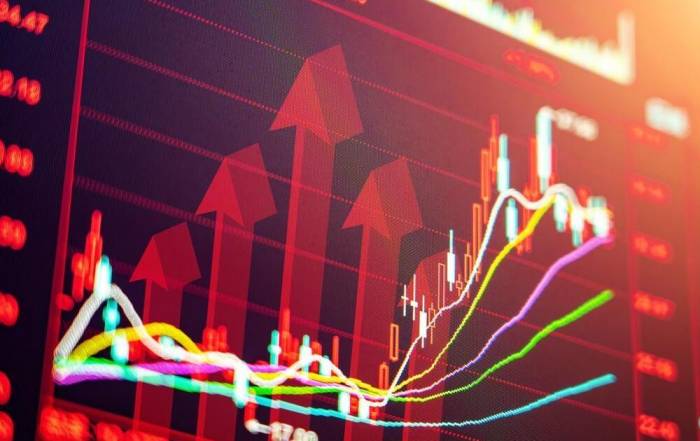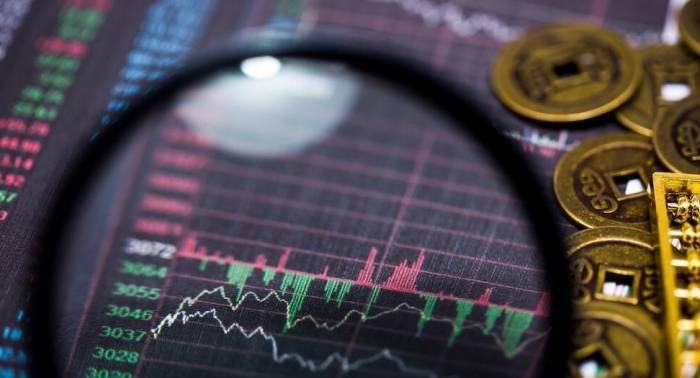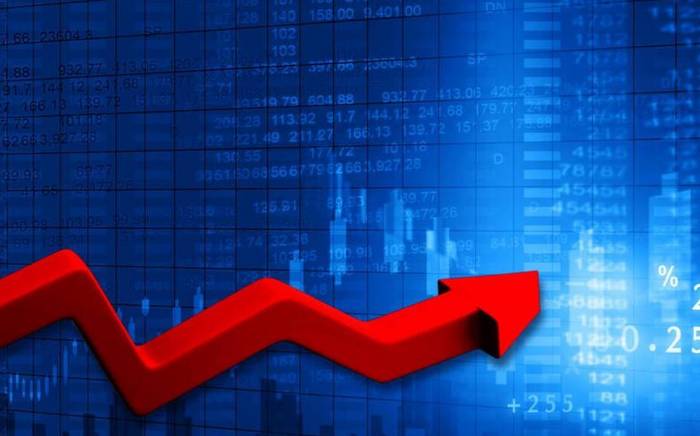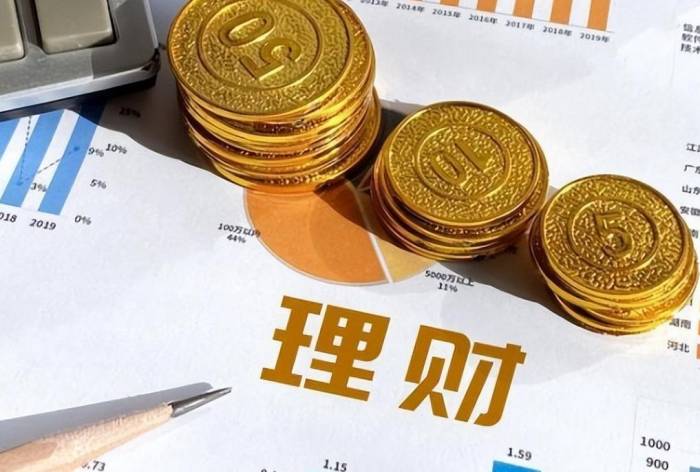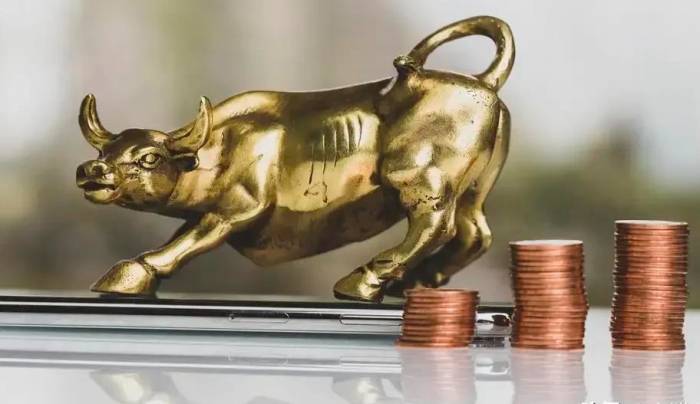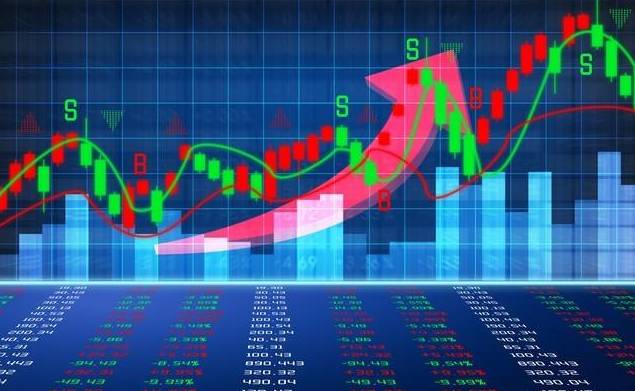The summer sun blazes, and the weather is extremely hot and dry.
Recently, I've made quite a few new friends and have clearly felt that the stock market is very restless.
Compared to the cold and quiet period of June and July, it was even silent.
Starting from the end of July, every day there is a group bombardment, and if you are not careful, there are hundreds of messages, which is impossible to read in time.
From the restlessness in the group, it can be seen that the market's mood has been ignited.
Some people say that the market mood being ignited is a good thing, indicating that the bull market is coming, but I don't think it's a good thing.
Because even in a bull market, restless people still can't make money, let alone this bull market is so deformed.
If you can't calm down and see the situation clearly, then you can't make money at all.
Especially in this artificially created bull market that only has a policy cycle, the cost of restlessness is the rotation of missing out, and the end of chasing the rise and killing the fall.
If you want to make money, you must first calm down and then see the direction, there is no other way.Making money in a bull market is about holding on to your investments.
Instead of talking about motivational platitudes, let's talk about the key points of making money, otherwise even in a good market, you won't be able to make money.
Impatient investors are prone to make the mistake of constantly switching stocks.
The reason for constantly switching stocks is that there are many stocks on the rise, but the stocks in their hands don't seem to move much.
This is a torment and the main reason for restlessness.
If the stocks in hand are rising rapidly every day, then they definitely won't be so restless.
Once the rise stops, other sectors begin to rotate, and other individual stocks begin to rise, the heart that chases the rise comes.
Large capital in a bull market also needs to get cheap chips, to wash the market, and to attract capital to follow suit.
Therefore, those individual stocks that stubbornly do not rise are actually deceiving chips.When you can't hold back, the market begins.
Why retail investors are easily left behind or easily thrown off the bus is because the choices available to retail investors are far greater than those of the main force.
The main force's options in a bull market are only a few directions, a few stocks, and they do not frequently change.
But retail investors feel that the 5,000 stocks in the market are all opportunities for themselves to make money, and they can all choose.
So the main force is not restless at all, but retail investors are very restless.
The main force is always thinking about how to fool retail investors to get off the bus in the early stage of the rise, and how to fool retail investors to take over in the later stage of the rise.
Retail investors are always thinking about how to make money in this stock, and then switch to another to make money again.
So, in the game, the main force continuously mobilizes the emotions of retail investors, making them make wrong decisions, and ultimately chasing the rise and killing the fall.
In a bull market, the most hated retail investors by the main force are those who can't be washed out no matter how much they are washed.
At the same time, retail investors with a clear profit target.Once there is a profit target, the exit will be made upon reaching the profit, and this part of the funds needs to be taken over by the main force.
The more such retail investors there are, the greater the difficulty for the main force to lift and exit smoothly.
Unfortunately, there are not many retail investors who understand the importance of holding stocks in a bull market.
Even if the bottom chips are held firmly, there are still many who are washed out on the way up.
The main reason for not being able to hold onto stocks is the lack of understanding of speculation and the panic that follows from unclear underlying logic.
The bottom cannot be held because it is not known why it should rise and why it will rise.
When you do not know the reason for a stock's rise, you will doubt and then make the act of selling.
In the middle of the rise, it is not only the mentality of profit-taking that makes it difficult to hold on, but also the inability to control the market.
The inability to hold on here is not a problem with logic, but a problem with technique.
In the early stage of the rise, it depends on logic rather than speculation, and in the later stage of the rise, it is purely speculation without logic.In other words, at the beginning of a stock's rise, there needs to be a story to support the stock's increase.
In the later stages of the stock's rise, the story is still being told, but the funds have already started a foolish game.
The former story is told to the main force, or rather, it is a story that the main force has unearthed.
The latter story is told to the retail investors, because they need to be the ones to take over the shares.
Most retail investors do not understand the story at the beginning, and by the time they can understand it, it is already the later stage of taking over the shares.
In the early stages of a bull market, one must dare to hold on, and in the later stages, that is, after the overall increase is not small, one must dare to sell.
As for how much this overall increase is not small, whether it is 30%, 60%, or 100%, it depends on the specific elasticity of the individual stock.
This is also a major difficulty in stock trading.
But it is enough to earn the money within one's own cognition, there is no need to be too greedy.
In most cases, those who can hold on earn more than those who are always changing.Because of the constant stock switching in the middle, it is inevitable to be sheared by the funds, resulting in a certain loss of earnings.
If you chase the rise and kill the fall, it is entirely possible to end up with a negative return.
Calm down and see the hot spots and cycles clearly.
Regardless of whether it is a bull market at the moment, as long as there is an opportunity to make money, you should calm down and see the situation clearly.
Even if there is an overall market trend, the trend is also structured.
That is to say, there are always some stocks that perform better than the overall market, and there are always some that perform worse than the overall market.
At this time, we need to pay special attention to two things, one is the hot spot, and the other is the cycle.
The so-called hot spot is actually the mainstream speculative sector.
Where the market's funds point, that is where we should look.If you understand, hurry up and participate; if not, just quietly watch.
Money can be earned less, but just don't lose it.
Hot spots actually refer to sectors where capital rushes in, and in a relatively strong market, hot spots will not trap people.
Hot spots are divided into two types, one is called a sector, and the other is called a concept, with concepts being smaller and sectors being larger.
Small capital, speculators, prefer to speculate on concepts, with a small concept involving a dozen stocks, with three to five of them hitting the daily limit.
Large capital, main forces, institutions, prefer to speculate on sectors, with a sector involving dozens or even hundreds of stocks, rising as a whole by 3-5%.
The standard for judging hot spots is actually the surge in turnover rate of the entire sector, usually more than double, which is considered a hot spot.
Hot spots at the beginning of the market often run through the entire market cycle, known as the main line hot spot.
The so-called cycle is the sector with the highest safety margin at the current point in time.
With the market cycle, some sectors, after being speculated, will return to where they came from.There are still some sectors that will gradually move upwards step by step.
This is because different cycles have different essences.
Behind the cycle is actually the performance changes of an industry, which brings about changes in the growth expectations of listed companies.
A favorable cycle, combined with hot topic speculation, superimposed, is where the most money is made.
For example, the second half of the year is an inflation cycle, superimposed with the stimulation of consumption, then the sector that meets the standard is breeding.
For example, if the policy clearly relaxes the real estate, then the real estate that is suppressed by the policy ends the counter-cyclical, and it is also a favorable cycle.
The safety margin brought by the cycle is what we need to consider. It is not a simple favorable cycle that will definitely rise, but it will definitely not fall much.
If the cycle can bring an increase in the net profit of the listed company, then it may be a big cycle, otherwise, it is likely to be a small cycle.
A big cycle, look at the big market, a small cycle, there is only a small market.First, calm down, first understand what the market is doing, and first clarify what you want to do.
When the market is not active, don't panic; when the market is active, don't be impatient.
The stock market has opportunities every day, and it's never a matter of one or two days. Never play blindly when you can't understand.
Money earned by luck can easily be given back due to lack of skill.
I always remind my partners that the road to investment in the future is long. First, cultivate your inner strength and don't rush to make a move.
Attitude is the key to success, and ability is the result of learning, thinking, and accumulating experience.




